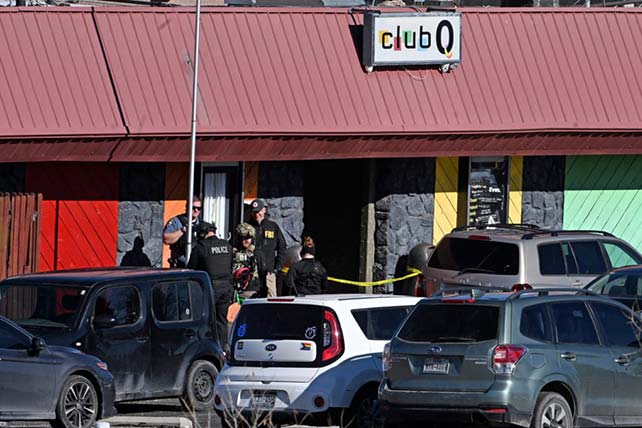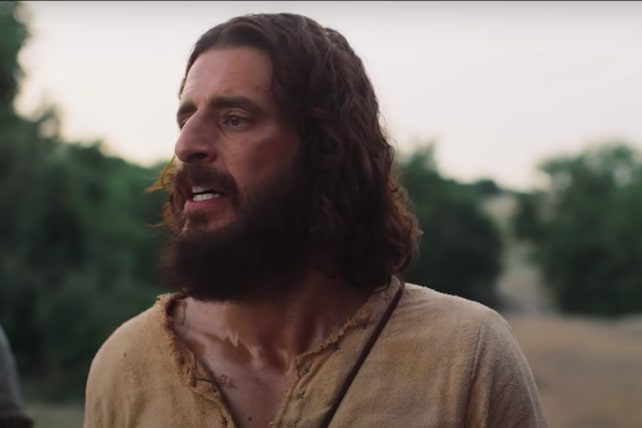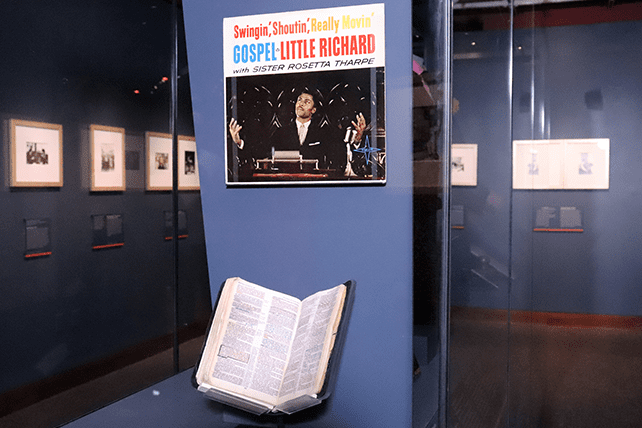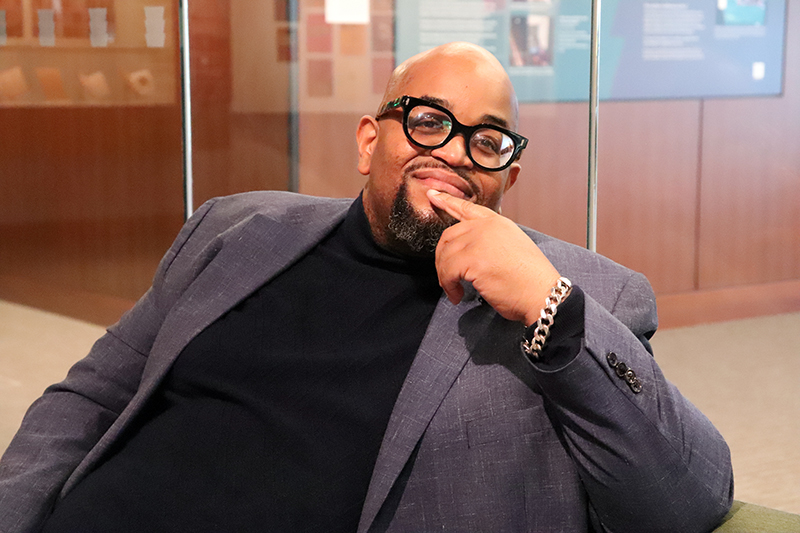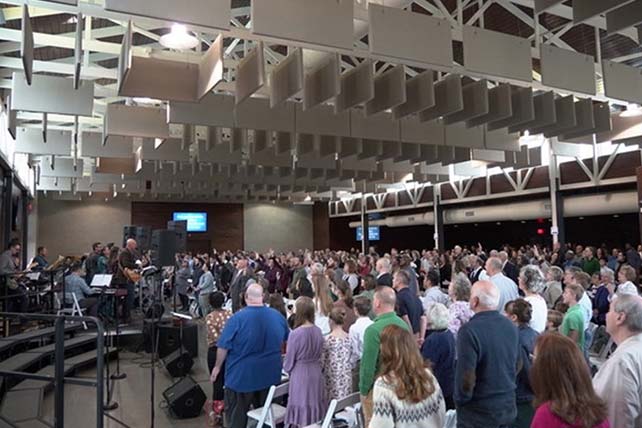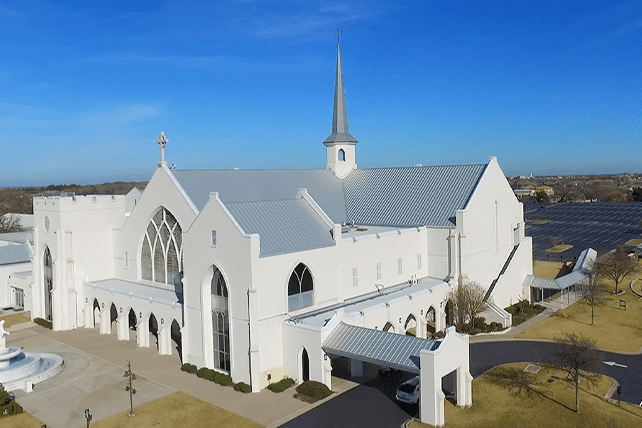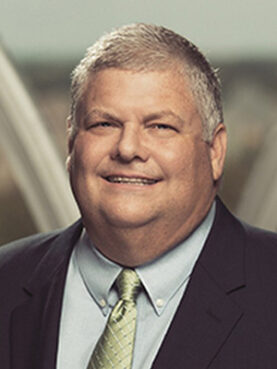WASHINGTON (BP)—The Southern Baptist Ethics & Religious Liberty Commission has urged congressional leaders to include pro-life and conscience protections in all spending legislation now under consideration.
In a Nov. 18 letter, ERLC President Brent Leatherwood encouraged both Democratic and Republican leaders in the Senate and House of Representatives to guarantee long-standing, pro-life “riders” that prohibit federal funding of abortion and prevent violations of conscience rights are included in the final versions of appropriations bills. He also called for Congress to protect the religious freedom of faith-based, social-service providers.
A 14-page explanation of the ERLC’s concerns regarding the spending measures for the 2023 fiscal year accompanied Leatherwood’s letter.
The current spending bills in both houses strip “important pro-life protections, actions that are unacceptable in the minds of countless constituents who do not want a dime of their resources supporting the abortion industry in any way, shape, or form,” Leatherwood told the congressional leaders in his letter.
RELATED: Brent Leatherwood, ERLC Leaders Meet With Biden’s Staff, Congressional Members
He cited a resolution adopted by messengers to the SBC’s 2021 meeting that called for the retention of all pro-life riders in spending bills.
“These amendments save lives and protect American consciences,” Leatherwood wrote. He also urged Congress “to remove harmful provisions that would exclude people of faith from serving the most vulnerable.”
He said such a step “would be an act of courageous leadership that recognizes our great experiment as a democratic republic is strongest when we respect one another in the midst of our disagreements. Such an act of across-the-aisle policymaking is desperately needed.”
Hannah Daniel, the ERLC’s policy manager, told Baptist Press, “The removal of decades-long, historically bipartisan life and conscience protection riders, such as the Hyde Amendment, from both the House and Senate appropriations bills is an unacceptable move by congressional Democrats.
“If Congress passes these bills without changes, countless preborn lives will be lost and the consciences of millions of American taxpayers will be violated,” she said in emailed comments. “The ERLC is actively advocating for the inclusion of these riders to ensure no funding goes to support the predatory abortion industry.”
The current spending bills reflect another effort by Democratic leaders to eliminate from the new budget the Hyde Amendment and other pro-life riders, which must be approved each year in spending bills. The Hyde Amendment – the best known of the pro-life riders — has barred federal funds in Medicaid and other programs from paying for abortions in every year since 1976. It has saved the lives of an estimated 2½ million preborn children.


